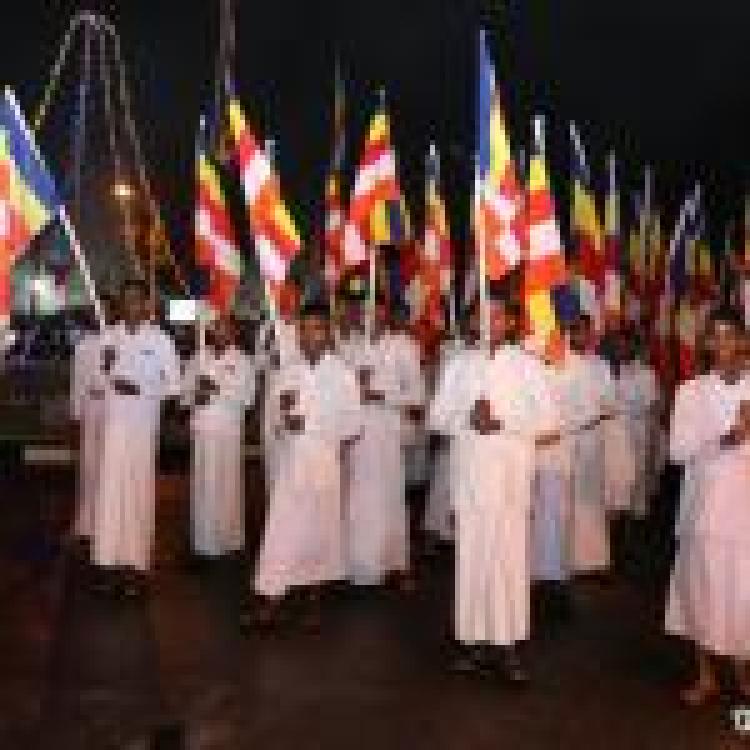Sri Lanka's former foreign minister, Mangala Samaraweera sought to allay criticism of the Office on Missing Persons (OMP) as a mechanism that targets the Sinhala community, stating that the OMP did not aim to benefit any one community and nor did it aim to target another.
"The OMP does not aim to benefit only one community and does not threaten another. It is merely a truth-seeking mechanism. It aims to investigate and find out the truth about those identified as “missing” or who have disappeared during conflict. According to the international Committee of the Red Cross, over 16,000 individuals have gone missing during the civil war. Of them, 5100 belonged to the armed forces. These are the very same individuals who fought against the terror that the LTTE created. We as a nation, have a responsibility to find the truth about where they are, and to bring an end to the agony faced by their families and loved ones."
"The OMP mandate cuts across all ethnic and religious boundaries. It seeks to investigate persons missing in connection with the conflict of the North and East and its aftermath. This includes those of all ethnicities; including the armed forces and police who have been identified as “missing in action”. It will investigate into those gone missing during political unrest or civil disturbances in the south as well as victims of enforced disappearances island wide. The mandate of the OMP ensures that it will carry out searching and tracing of missing persons, clarifying the circumstances in which such persons went missing and their fate, making recommendations to relevant authorities in order to reduce incidents of missing and disappeared persons, and identifying proper avenues of redress available to the families of the missing persons and informing them of the same."
The OMP has been widely criticised by Tamil families of the disappeared however for failing to include adequate consultations.

